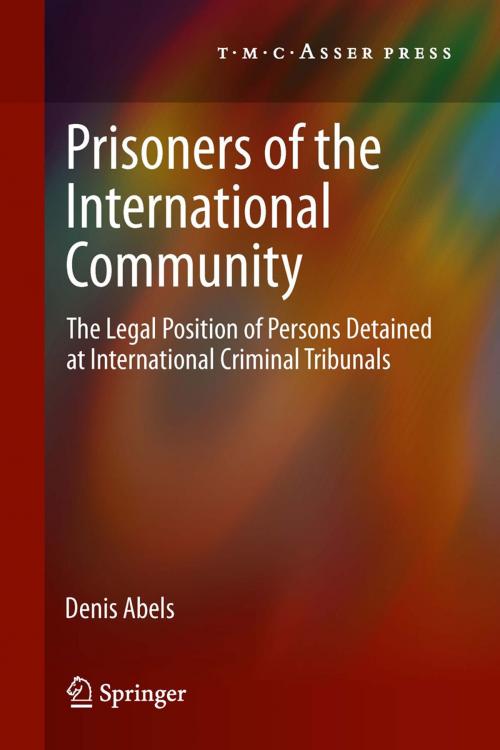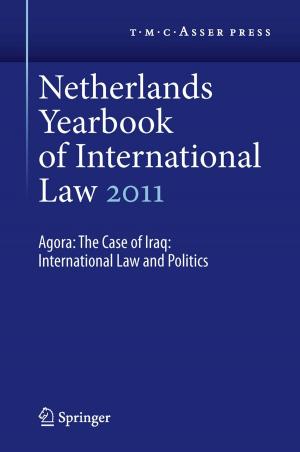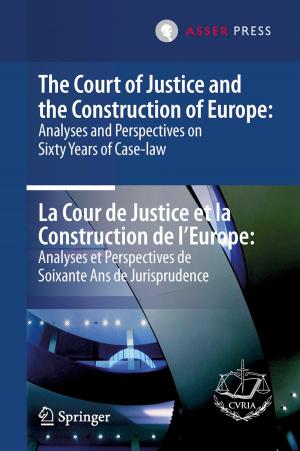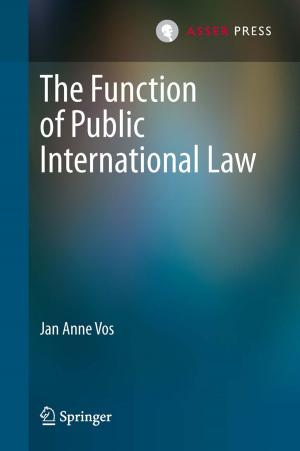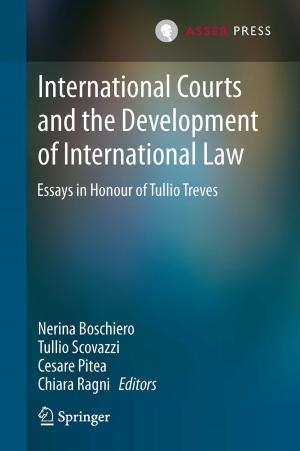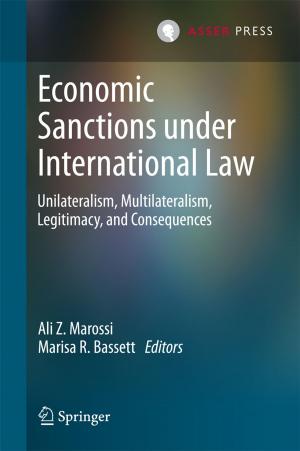Prisoners of the International Community
The Legal Position of Persons Detained at International Criminal Tribunals
Nonfiction, Reference & Language, Law, International, Social & Cultural Studies, Political Science| Author: | Denis Abels | ISBN: | 9789067048880 |
| Publisher: | T.M.C. Asser Press | Publication: | September 14, 2012 |
| Imprint: | T.M.C. Asser Press | Language: | English |
| Author: | Denis Abels |
| ISBN: | 9789067048880 |
| Publisher: | T.M.C. Asser Press |
| Publication: | September 14, 2012 |
| Imprint: | T.M.C. Asser Press |
| Language: | English |
Little has been written about the legal position and conditions of detention of persons detained by international criminal tribunals, particularly as regards their internal legal position (their rights and duties inside the remand facility). The primary purpose of this book is to set out the law governing the detention of persons detained under the tribunals’ jurisdiction. The book provides a detailed account of this area of international criminal law. It sets out the applicable law, including the law’s underlying principles, and focuses on a number of specific procedural and substantive legal issues. As to procedural issues, it examines the available complaints and disciplinary procedures as well as procedures applicable to the designation of States for the enforcement of the tribunals’ sentences. In respect of substantive law, it examines the detainees’ right to contact with the outside world, including contact with their relatives, with their lawyers and with the media. The book will be an extremely useful guidance for practitioners in applying the law and principles of the tribunals’ detention law, particularly because it is the first monograph written on the topic.
Little has been written about the legal position and conditions of detention of persons detained by international criminal tribunals, particularly as regards their internal legal position (their rights and duties inside the remand facility). The primary purpose of this book is to set out the law governing the detention of persons detained under the tribunals’ jurisdiction. The book provides a detailed account of this area of international criminal law. It sets out the applicable law, including the law’s underlying principles, and focuses on a number of specific procedural and substantive legal issues. As to procedural issues, it examines the available complaints and disciplinary procedures as well as procedures applicable to the designation of States for the enforcement of the tribunals’ sentences. In respect of substantive law, it examines the detainees’ right to contact with the outside world, including contact with their relatives, with their lawyers and with the media. The book will be an extremely useful guidance for practitioners in applying the law and principles of the tribunals’ detention law, particularly because it is the first monograph written on the topic.
